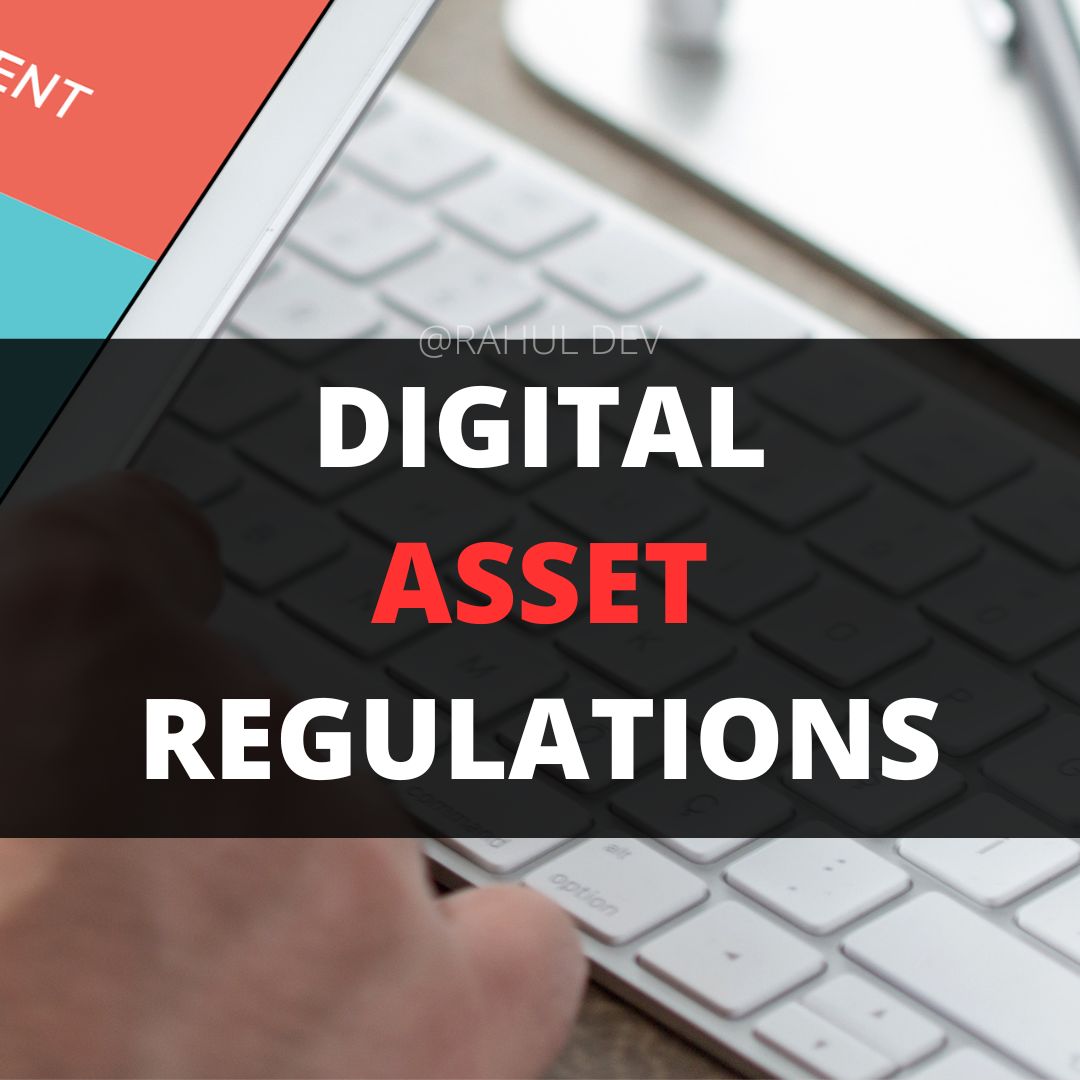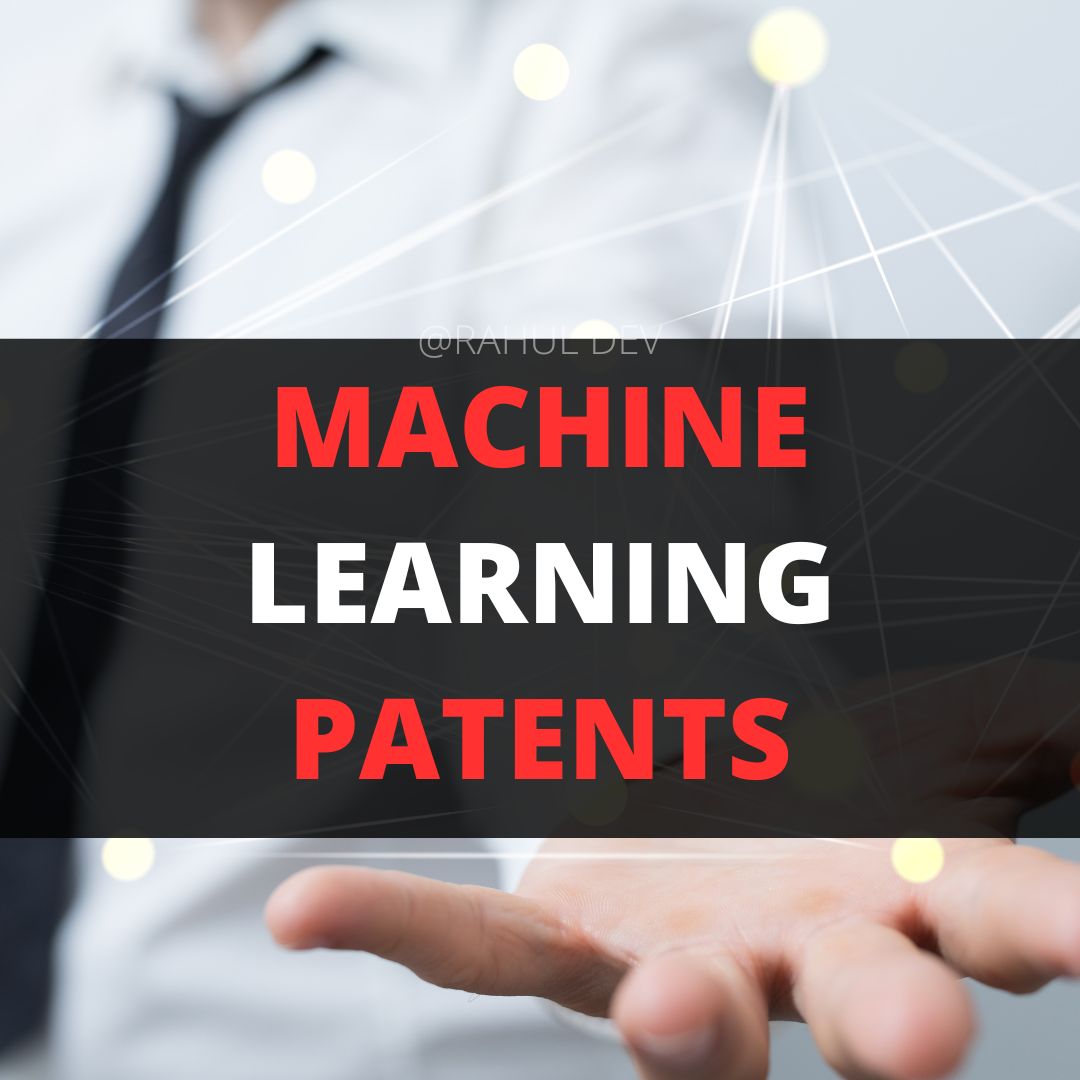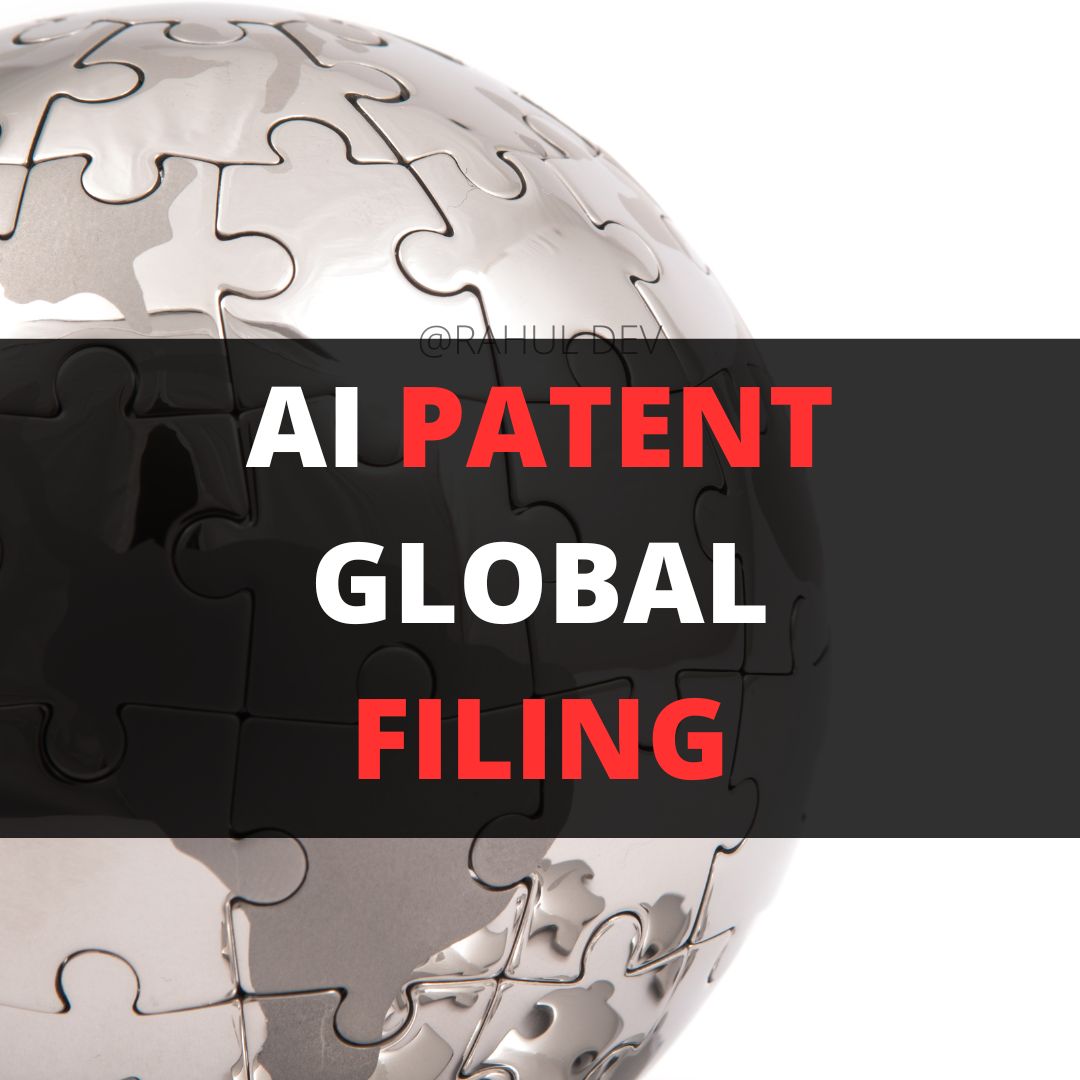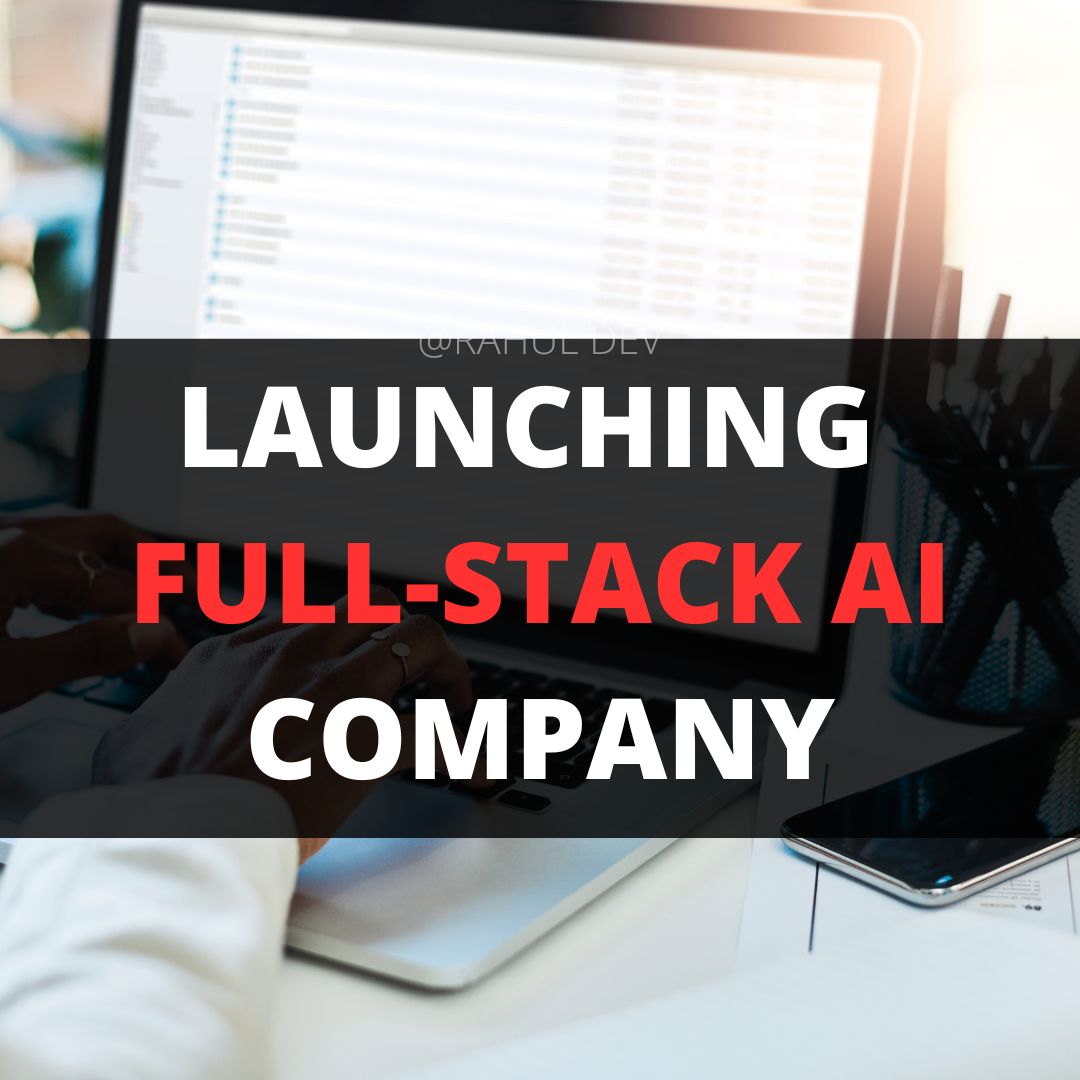
Decentralized Autonomous Organization (DAO) business model and structure involve usage of blockchain technology for governance of legal entity. In simple terms, a DAO is a ‘Decentralized Autonomous Organization’. The fundamental foundation of such organization is that it is built upon a ‘Blockchain’ i.e. decentralization and transparency are an intrinsic part. The rules of the organization are defined in ‘Smart Contracts’ on the blockchain, where transactions are executed autonomously due to being automated by the algorithms. Accordingly, the setting up of DAO requires due diligence by a qualified attorney and in case of issuance of tokens, a legal opinion letter certifying the token as utility token may also be needed.
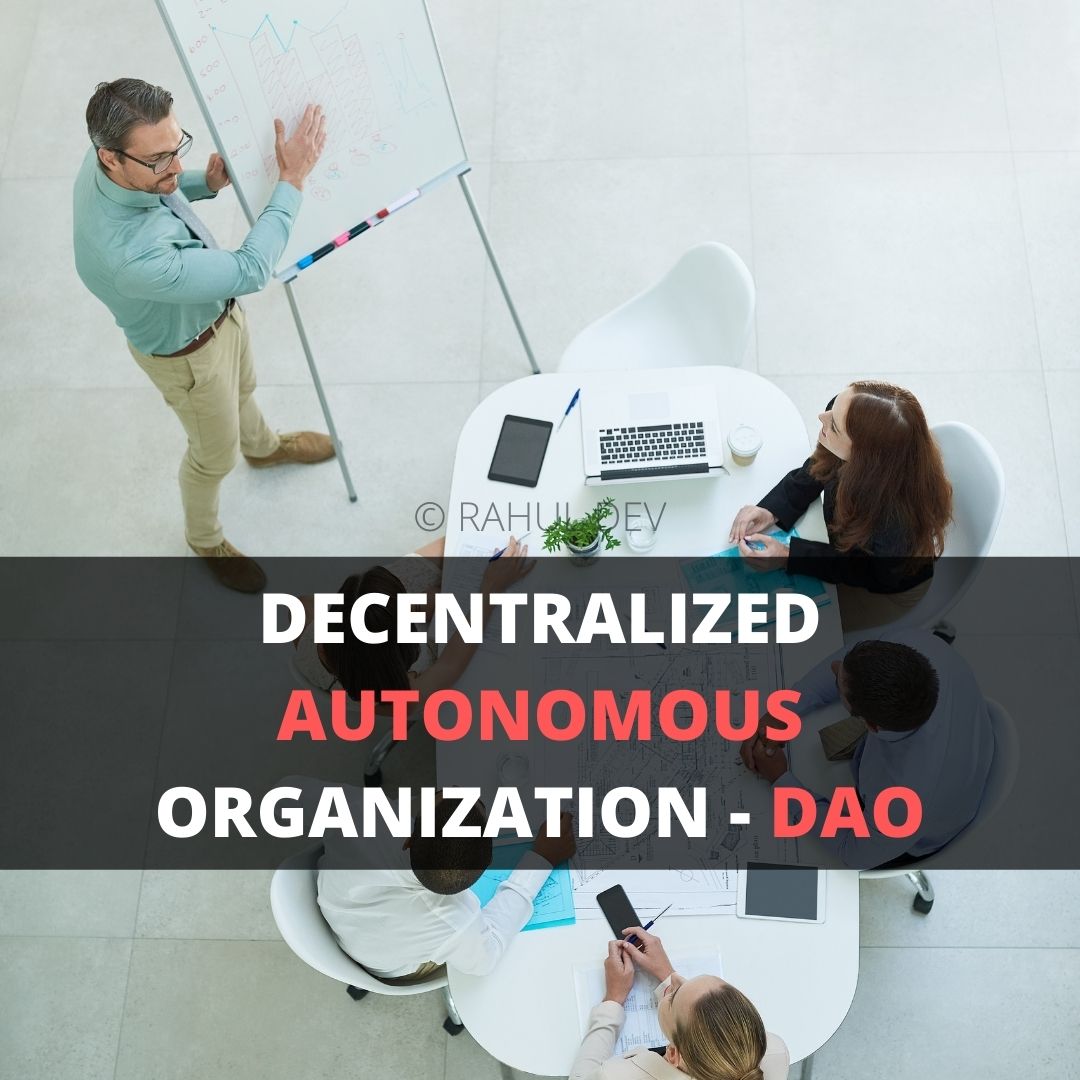
Generally, a Decentralized Autonomous Organization, or DAO, is a group of people without a single leader. These organizations are usually built on the blockchain using smart contracts. The members of a DAO buy a governance token and use it to vote on projects. They are typically distributed throughout the world and communicate via Discord channels. This form of governance enables the participants to have a greater say in the decision-making process.
Many believe that this type of organization is the way to go, especially with the rise of the internet. It can be easier for the public to control decisions made by a group than a centralized organization. Furthermore, a decentralized system can be operated more efficiently because there is no central authority that can interfere with decisions made by the participants. This makes it a popular choice among investors. However, this model also has many drawbacks.
Although the technology is still relatively new, the idea of a DAO is gaining popularity. It is based on computer-defined rules that are governed by smart contracts. This new type of organization allows a large community to participate in its governance and development. This, in turn, increases the potential for a greater level of participation. As long as the rules are clear, the DAO will be a good choice for a variety of business models. The main benefit of a DAO is that it avoids a centralized decision-making structure. This eliminates the risk of human error or faulty decision-making, which is one of the most common disadvantages of traditional organizations. This structure is a good choice for many organizations, as it allows for the free flow of ideas. Further, it allows for greater transparency and is free of third-party influence.
Another benefit of a DAO is that it has no central decision-making process. Before becoming a DAO, Webblen’s team made decisions, but now the active users are the ones who make these decisions. Consequently, Webblen’s governance mechanism is decentralized. It can be achieved in a variety of ways, but one of the most popular is where users control its direction and new features.
The principle of a DAO is that it does not have any human employees. It is run by computer code and rules. It has no owners. It is self-reliant and does not have a centralized authority. In this case, the DAO is not controlled by one party. As a result, its decisions are made by the majority of users. There are a variety of ways in which a DAO can be operated, but it is essential that the user is actively involved in the decision-making process.
DAOs are also more transparent. A DAO is an organization with no central authority and a democratic, community-driven system. The DAO is fully autonomous and transparent. The DAO uses smart contracts to lay the rules for its operation. These contracts allow the DAO to audit votes and proposals. The DAO can be completely transparent in its internal processes, and it can also be fully audited. Therefore, DAOs can be an effective tool for a business.
The main idea behind DAO is to create a decentralized organization, neither defined nor limited by nations and their jurisdictions. The decentralization takes place since a DAO is controlled by its members. An individual can become a member to a DAO by purchasing its tokens. The tokens assigned to the members constitute voting rights which can be used to vote on future projects and decisions of the organization. Like a registered company’s board of members caste a vote for decisions of the company, a vote is taken via token ownership. A DAO has a flat organizational structure: the creators and the members have equal privileges. Voting rights are directly proportional to the number of tokens an individual owns, similar to the share-ownership in a company.
A DAO can be created in a three step process, similar to any blockchain-based technology or cryptocurrency: Building, Funding, and Deploying. The creators first decide upon functions the organization would execute and code them into smart contracts while designing the blockchain. If a DAO will be providing DeFi functionality, then all the financial functions of a bank must be probed carefully and coded into the smart contracts. After this the “Automated” functionality of DAO must be thoroughly tested and reviewed for errors. A funding is raised by offering tokens via various private, public, and strategic sales. After the funding criteria is met, the creators may deploy the DAO in the public.
The concept first emerged in “The DAO” which was a first of its kind decentralized autonomous organization, launched in April 2016. ‘The DAO’ was a venture capital fund based on the principle of crowdfunding. It was not associated with any state and the Rules were enlisted in its open-source Blockchain code, and facilitated anonymous international money transactions. The voting system of the Venture Capital fund was based on its tokens. ‘The DAO’ successfully crowdsourced $150 million in funds which was the then all time high. Following a cyberattack, a substantial amount of the fund was stolen by the hackers which points the significance cybersecurity plays for a DAO.
Legal statutes of a state are normally enforceable in respect to that state. The issue with DAOs is that they span across borders, and with anonymity. Since it is also a rare and new concept, there are lack of solid legal frameworks surrounding it.
DAOs are truly decentralized organizations, therefore their legal status as a company remains undefined. A company is registered within the state it operates commonly an LLC (Limited Liability Corporation) or an LLP (Limited Liability Partnership). In case of Multi-National Companies, different branches in states are owned by one singular parent company. Even the popular cryptocurrency Ethereum was developed through a registered Swiss company, “Ethereum Switzerland GmbH”. The main legal issue here is the ‘Limitation of Liability’ for the owners of an organization in case of a dispute and since DAOs are partly owned by members around the globe who also play an active role in the decision-making, it’d be impossible for the legal system to include every member in its proceedings. In case of a dispute, government agencies are also likely to hold the creators accountable.
Jurisdiction also pertains to be a major legal issue with respect to DAOs since it is undefined. In a Binance (cryptocurrency exchange) case, the founders of the company were untraceable by the law firm of the clients suing the company. The plaintiffs requested the delivery of the suit via ‘Twitter’ but the court rejected the request since it was impossible for the court to determine whether the jurisdictions of current residences of the founders allowed for delivery of suit over the internet. Ideally, the jurisdiction should lie within one state to ensure smooth legal proceedings. If held accountable, either the states of the DAO creators or location where the dispute arises, might be the jurisdiction of the suit.
Since sale of tokens is involved, the situation also attracts “Securities” laws. In the SEC’s Report of Investigation, 2017 held that tokens sold by a “virtual” organization were essentially securities and therefore, the tokens sold by “The DAO” can be held accountable under the federal securities laws. Under the US law, a security also includes “an investment contract”, which is a primary function of every token offered by DAO which is a ‘Venture Capital Fund’. Such virtual organizations need to register for non-exempt offerings. For unregistered offerings, even the participants can be held liable.
Our team of advanced patent attorneys assists clients with patent searches, drafting patent applications, and patent (intellectual property) agreements, including licensing and non-disclosure agreements.
Advocate Rahul Dev is a Patent Attorney & International Business Lawyer practicing Technology, Intellectual Property & Corporate Laws. He is reachable at rd (at) patentbusinesslawyer (dot) com & @rdpatentlawyer on Twitter.
Quoted in and contributed to 50+ national & international publications (Bloomberg, FirstPost, SwissInfo, Outlook Money, Yahoo News, Times of India, Economic Times, Business Standard, Quartz, Global Legal Post, International Bar Association, LawAsia, BioSpectrum Asia, Digital News Asia, e27, Leaders Speak, Entrepreneur India, VCCircle, AutoTech).
Regularly invited to speak at international & national platforms (conferences, TV channels, seminars, corporate trainings, government workshops) on technology, patents, business strategy, legal developments, leadership & management.
Working closely with patent attorneys along with international law firms with significant experience with lawyers in Asia Pacific providing services to clients in US and Europe. Flagship services include international patent and trademark filings, patent services in India and global patent consulting services.
Global Blockchain Lawyers (www.GlobalBlockchainLawyers.com) is a digital platform to discuss legal issues, latest technology and legal developments, and applicable laws in the dynamic field of Digital Currency, Blockchain, Bitcoin, Cryptocurrency and raising capital through the sale of tokens or coins (ICO or Initial Coin Offerings).
Blockchain ecosystem in India is evolving at a rapid pace and a proactive legal approach is required by blockchain lawyers in India to understand the complex nature of applicable laws and regulations.
Read About Patent FIling Guide

